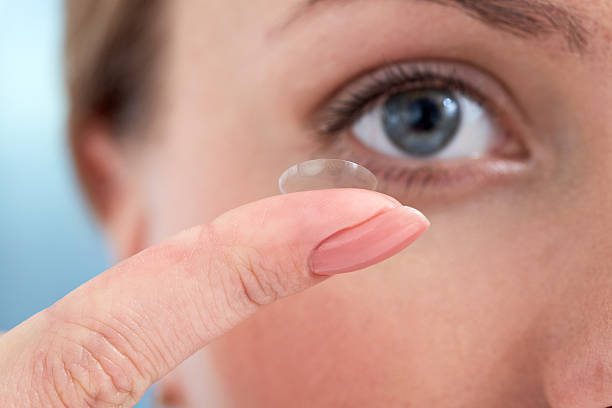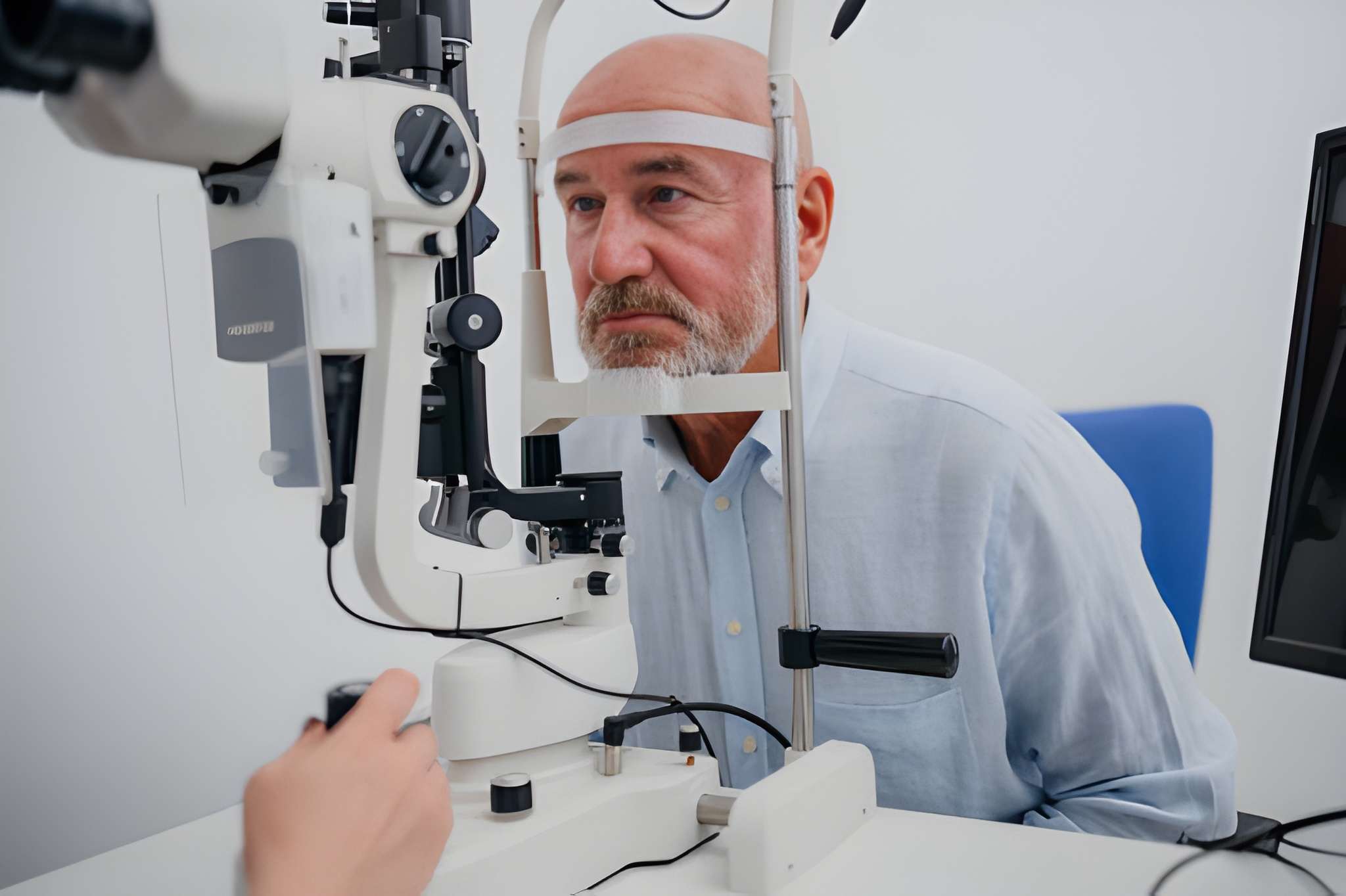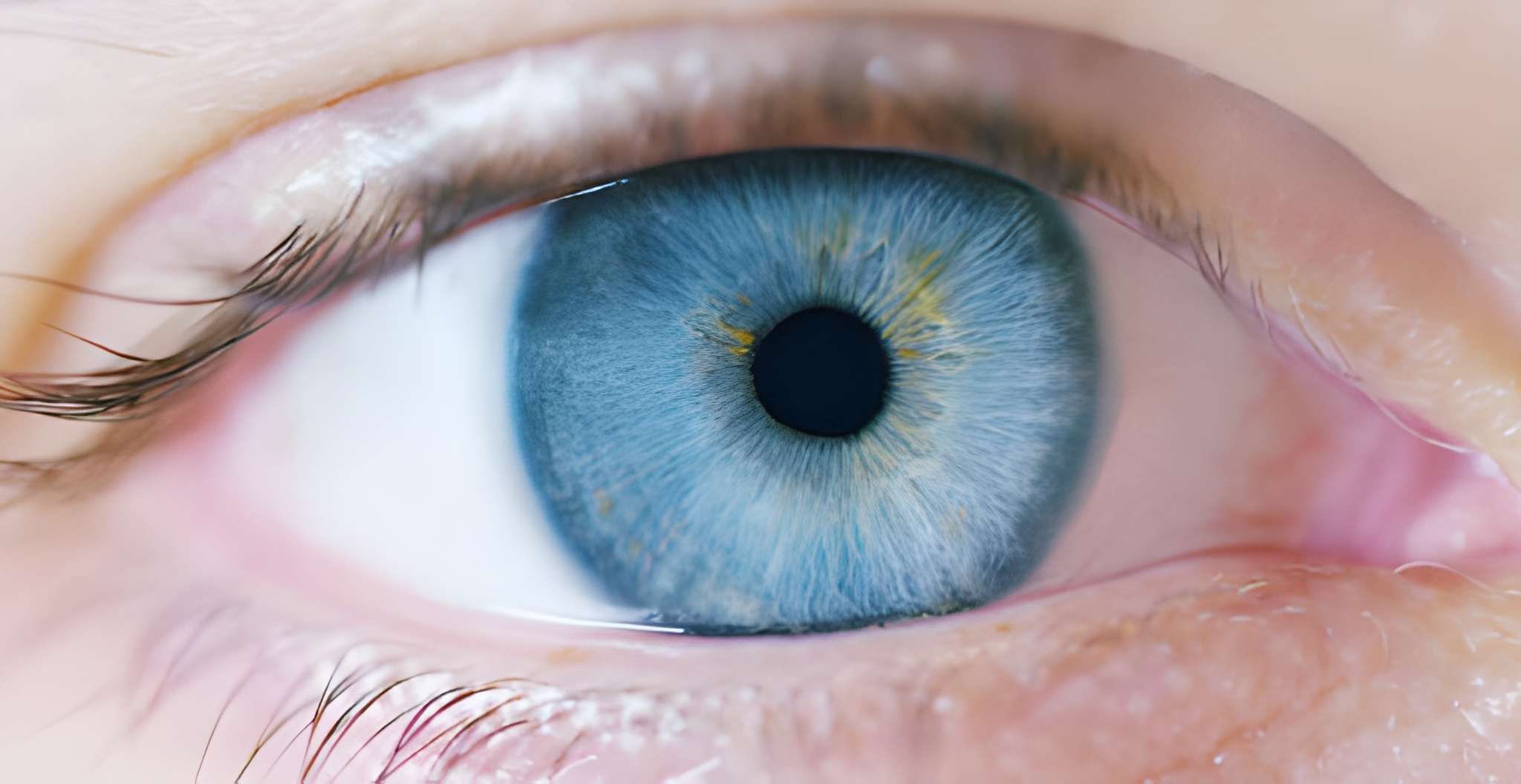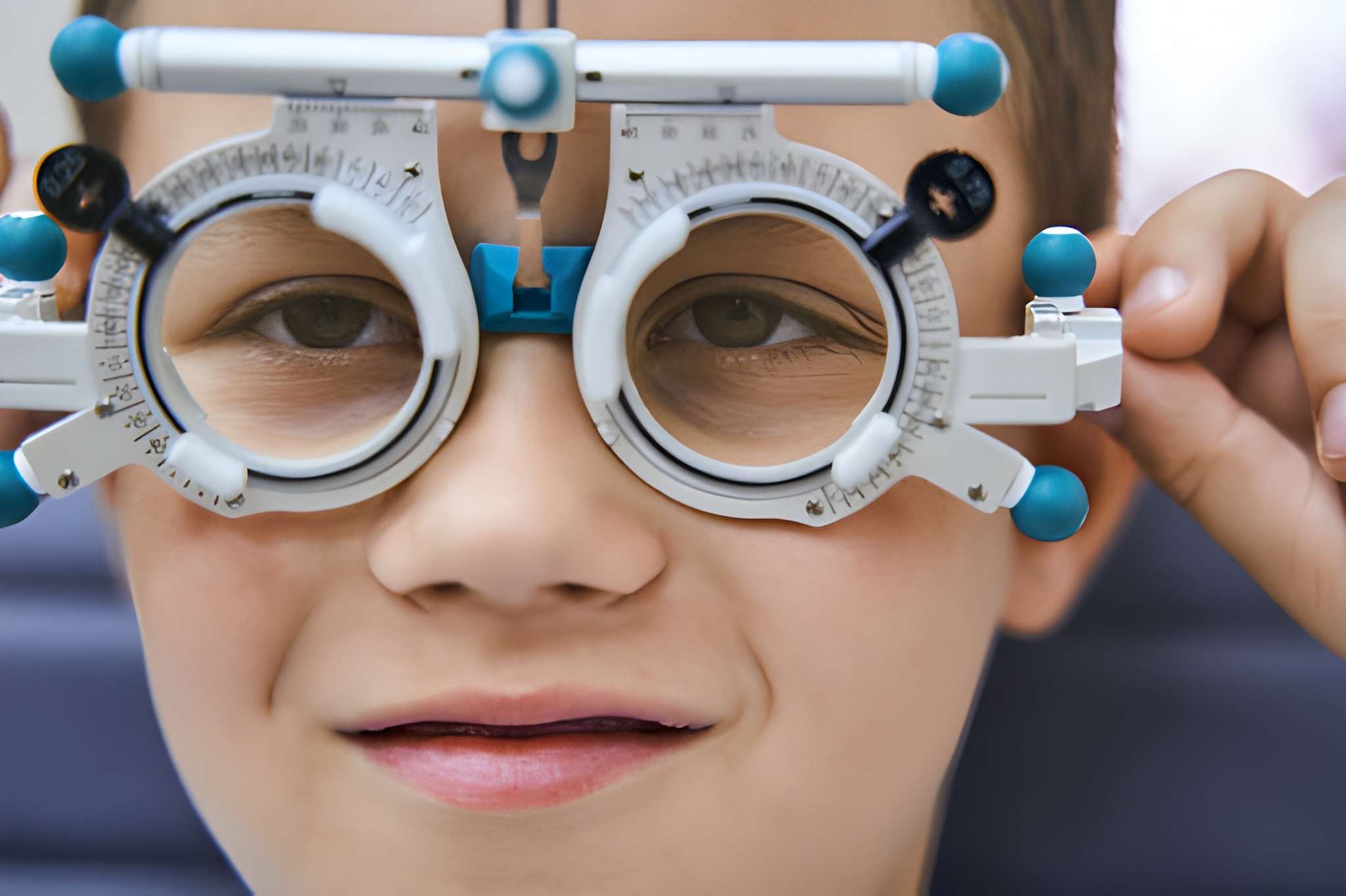ICLs represent a significant advancement in vision correction, offering an alternative to glasses and standard contacts. For those contemplating ICL surgery, understanding the longevity of the implants is crucial. In this guide, we delve into the factors influencing the lifespan of implantable contact lenses in Dubai. Additionally, we offer insights into what individuals can anticipate regarding long-term vision correction outcomes.
Understanding Implantable Contact Lenses:
Implantable contact lenses, also called phakic intraocular lenses (PIOLs), are micro-thin lenses. Surgeons put them into the eye. They fix refractive errors like myopia, hyperopia, and astigmatism. Traditional contact lenses sit on the eye’s surface. ICLs are between the iris and the eye’s natural lens. This positioning ensures stable vision correction. It does so while keeping the eye’s natural shape.
The surgery for implanting contact lenses involves making a small cut in the cornea. The cut is where the lens is inserted. The lens is then carefully positioned in the eye, providing immediate vision improvement. Post-operative care is essential to ensure proper healing and optimal visual outcomes. Doctors typically tell patients to avoid hard activities. They should also use prescribed eye drops to prevent infection and inflammation.
Factors Affecting Longevity:
Many factors affect how long implantable contact lenses last. These factors include the lens material’s quality, eye health, and the surgical technique. The material composition of the lens is crucial. It can be silicone or acrylic. It determines the lens’s durability and resistance to degradation over time. Also, the patient’s age and health can impact the lenses’ longevity. Certain eye or systemic diseases may harm the eye’s ability to keep the implant.
The surgeon’s skill and experience are critical. They are key factors for the implantation procedure. A skilled surgeon will ensure the lens is properly positioned and aligned. This lowers the risk of problems and extends the life of the implants. UV exposure and eye rubbing can harm the lenses. They show the need for eyewear and eye care.
Expected Lifespan:
On average, implantable contact lenses are designed to last for many years. They give patients clear and stable vision for life. But, it’s important to know that “permanent” vision correction does not mean immunity to changes in vision prescription. It also doesn’t mean immunity to age-related eye conditions. As people age, the eye’s lens may change. It may develop cataracts, which can affect the new lenses.
Long-Term Vision Quality:
Despite aging, many patients can expect to keep great vision. They can with implantable contact lenses. Studies have shown that most patients have stable vision. Their visual clarity changes little over time. People can maximize the length and quality of their vision correction with implantable contacts. They just need regular eye exams and to follow post-op care guidelines.
Also read: How Many Days of Rest Are Required After ICL Surgery?
Benefits of Implantable Contact Lenses:
Implantable contact lenses have many benefits. They are better than traditional vision correction methods. This is why they work well for a long time. These benefits include:
- The vision improvement is both immediate and big. Patients get clear and sharp vision shortly after surgery. It makes their lives better.
- Implantable contact lenses offer UV protection. They have built-in UV protection. It shields the eyes from harmful ultraviolet rays. It also lowers the risk of eye conditions related to UV.
- Unlike LASIK, implantable contact lenses are reversible. They can be removed or replaced if needed.
- ICL surgery is minimally invasive. It’s linked with a quick recovery time. It lets patients resume normal activities shortly after the procedure.
Ensuring Longevity:
To keep implantable contact lenses working for a long time, patients must take action. They need to maintain eye health and quickly address any vision changes. This includes:
- Schedule regular eye exams with an eye doctor. They will check the health of your eyes and how well the implants work.
- Wear the right eyewear when needed. It protects the eyes from injury and UV rays.
- Seek medical help quickly for eye issues or vision changes. This will prevent problems and protect the implants.
Conclusion:
Implantable contact lenses offer a lasting way to correct vision. They give patients clear and stable vision for many years. Implantable lenses last a long time. Their longevity depends on many factors. These include the quality of the lens material and the eye’s health. With care and monitoring, people can expect to have great vision as they age. Patients can make lenses last longer. They just need to understand the factors that affect lens lifespan. They should also follow recommended eye care practices. This will keep their vision correction working.
Related Article: Who is not suitable for ICL surgery?
Transform Your Vision: Schedule a Consultation with Eye Doctor Today!
To learn more about implantable contact lenses and explore your vision correction options, book a consultation with Eye Doctor today. Experience the benefits of lasting vision improvement and discover the possibilities for clear and sharp vision with implantable contact lenses. Take the first step towards enhanced vision and an improved quality of life with Eye Doctor in Dubai.
Frequently asked Questions
How Permanent Are Implantable Contact Lenses?
Implantable contact lenses offer long-lasting vision correction. They can give decades of clear vision. However, factors like eye health and aging can influence their durability.
Also read: Is Implantable Contact Lens Painful?
What Factors Determine the Longevity of Implantable Contact Lenses?
The quality of the lens material is crucial. So are overall eye health and natural changes in vision. They determine how long implantable contact lenses will last.
Can Implantable Contact Lenses Provide Lasting Vision Improvement?
Yes, these lenses offer fast, big vision improvement. They can give lasting clarity and sharpness for many years.
How Can I Ensure the Longevity of My Implantable Contact Lenses?
You need regular eye exams. You also need eye protection. And, you need to quickly address any vision changes. These things are crucial for keeping implantable contact lenses in good shape.
Are Implantable Contact Lenses Reversible?
Yes, you can remove or replace implantable contact lenses if needed. This gives flexibility if your vision changes. Or if you choose a different method.
Do Implantable Contact Lenses Offer UV Protection?
Yes, implantable contact lenses offer UV protection. They protect your eyes from harmful rays. They also add an extra layer of defense against UV-related eye conditions.
What Benefits Do Implantable Contact Lenses Offer?
Implantable contact lenses provide immediate vision improvement. They also give UV protection. They can be reversed and are minimally invasive. This makes them an attractive option for lasting vision correction.
Are Implantable Contact Lenses Suitable for Long-Term Vision Correction?
Yes, implantable contact lenses offer a promising solution for long-term vision correction. They provide clear and sharp vision for many years with proper care and monitoring.
Also read: Is ICL better than LASIK?











